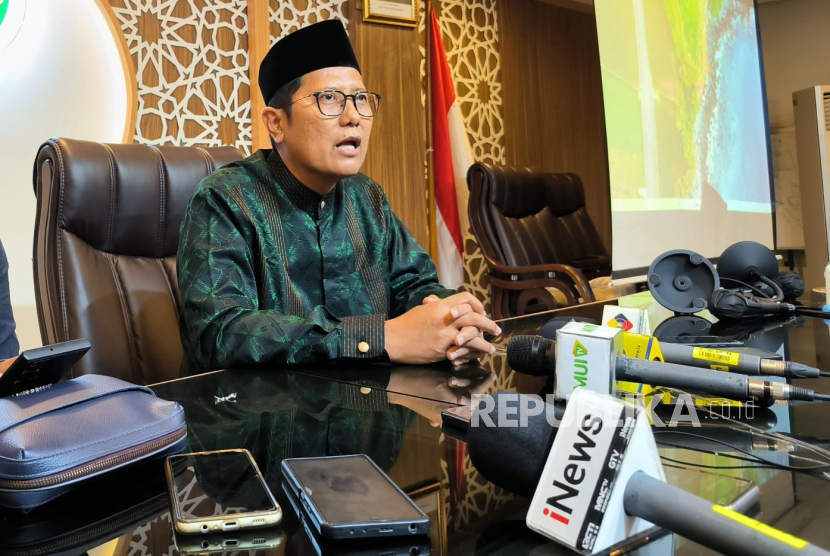REPUBLIKA.CO.ID, JAKARTA -- Chairman of the Indonesian Ulema Assembly (MUI) of Dakwah and Ukhuwah Center, KH Cholil Nafis recently had the opportunity to spread Islam to Thailand. Nurse Ponpes Cendikia Amanah Depok preached sharia economics at Fatoni University of Thailand on Monday (11/11/2024).
“Yesterday I delivered material on da'wah through sharia economics at Fatoni University of Thailand. The theme of sharia economy is important for improving the standard of living of Muslim people in Southeast Asia,” Kiai Cholil told Republika on Tuesday (12/11/2024).
He explained that basically man is an economic creature and the Islamic economy existed at the same time as the descent of Islam brought about by the Prophet (peace and blessings of Allaah be upon him). “Sharia economy is the solution for equalization and enforcement of social justice,” Kiai Cholil said.
According to him, the proclamation on the spread of sharia economy covers three things. First, the economy spared gharar, riba and maisir (gharim). Second, an economy that transforms a system based on capitalism or socialism into a multifaceted system through the establishment of laws and regulations. Third, an economy that empowers and strengthens the purchasing power of the people.
“These three things can change the socioeconomics of society as well as change its ideology and orientation of thought and science,” says Kiai Cholil.
Alumni of Ponpes Sidogiri Pasuruan said that the system used in sharia economy is based on Islamic khazanah and its practice refers to the fiqh muamalah. “Usually, da'wahs through sharia economics are more accommodating and easily accepted by others because of their ethical and moral considerations,” explains Kiai Cholil.
He added that the economic potential of Islam in Southeast Asia such as Indonesia and Thailand is very good because the majority of the population is Muslim. Of course, he said, it's a captive market that can quantify its economic turnaround.
He pointed out that in 2021 there were 1.9 billion Muslims worldwide, spending $2 trillion on halal products. It is expected to rise to $4.96 trillion by 2030.
“The data shows that the sharia economy is an effective means of preaching while at the same time it can be an instrument of empowering the ummah and improving society's economy,” Kiai Cholil said.


